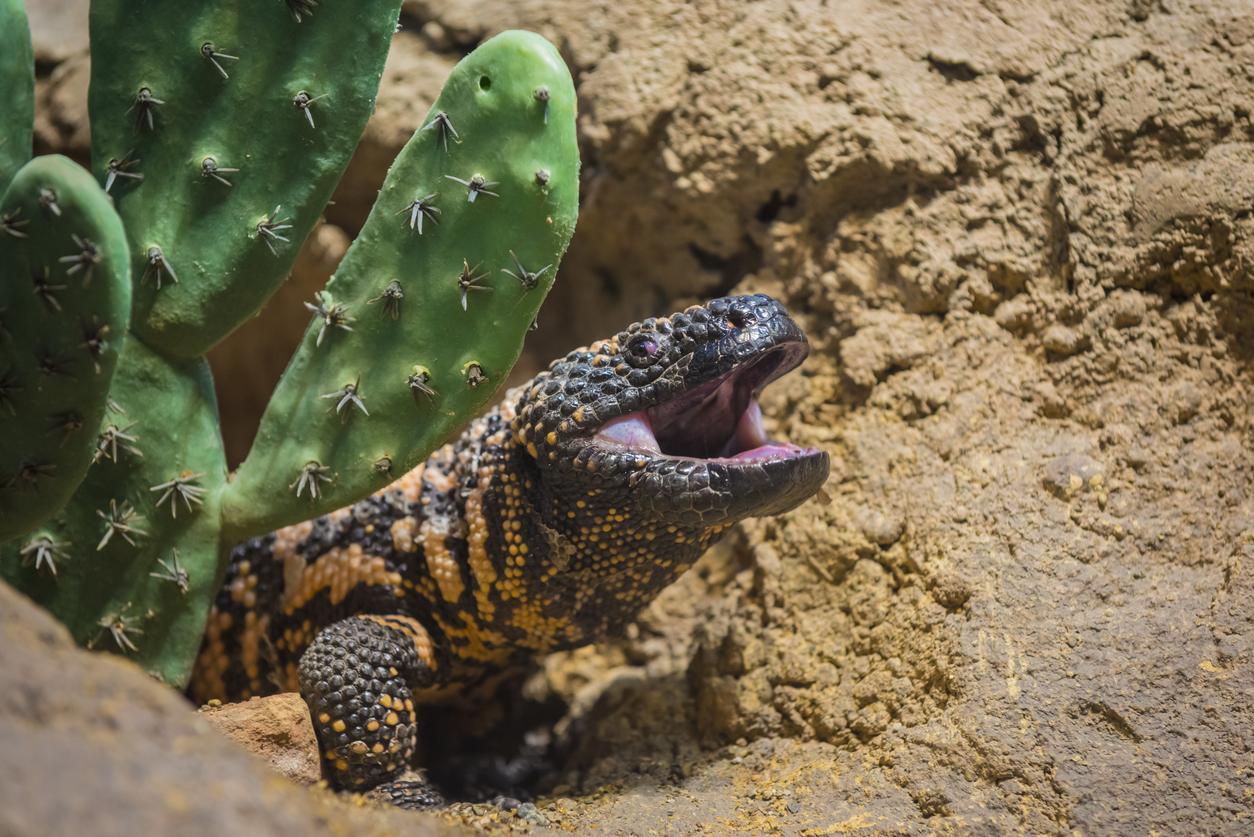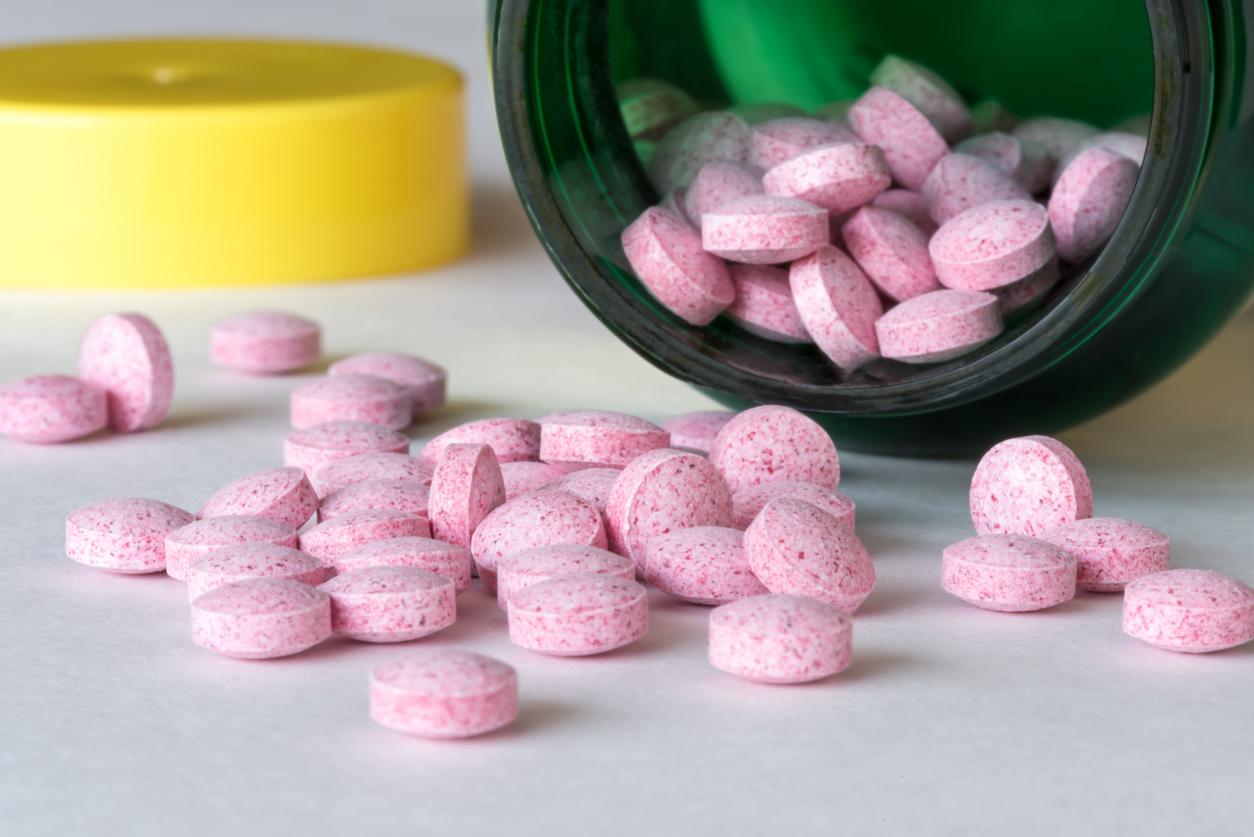The COVID-19 virus destroys pancreatic cells that produce insulin, which could explain why some patients develop diabetes after infection, according to a new study.

- The development or worsening of type 1 diabetes could also be linked to Covid-19.
- In a new study, researchers show that immune cells destroy beta cells in the pancreas after coronavirus infection.
- These cells secrete insulin, the hormone that regulates blood glucose levels.
After a Covid-19 infection, some patients develop type 1 diabetes or, if they already have it, see a worsening of their condition, according to a new study published in the journal Cell Stem Cellthe link between Covid-19 and diabetes would come from immune cells that destroy beta cells. The latter are present in the pancreas and secrete insulin, the hormone that regulates blood glucose levels.
Covid-19 linked to diabetes
“When someone has severe COVID-19, the priority is to treat life-threatening symptoms, says Dr. Robert Schwartz, one of the authors, in a press release. But in the future, there may be a way to develop clinical therapies to prevent further damage to organs like the pancreas.“Because it is this organ which is linked to diabetes: the pancreas.
In their study, the researchers analyzed pancreatic tissue samples from autopsies of people who died of Covid-19. They were able to observe that certain parts of the pancreas were damaged.
More precisely, these are the Islets of Langerhans which were damaged. According to the Larousse Medicalthe islets of Langerhans are made up of three types of endocrine cells, including beta cells that secrete insulin.

Immune cells affect the so-called beta cells of the pancreas
Thanks to advanced analysis techniques to study these biological samples, scientists have observed the presence of immune cells that destroy pathogens… The problem is that they can also cause damage to healthy tissues. This is what happens, in the event of a Covid-19 infection, to healthy cells in the pancreas.
To better understand how healthy cells in the pancreas were attacked, the scientists used organoids pancreatic islets. They infected these organoids with the Covid-19 virus. This is how they were able to observe that the immune cells killed the beta cells, which affected insulin production.
In parallel, they used the organoids to study how the pancreas responded to infection by another infectious virus: the coxsackievirus B4, which has already been implicated in the onset of type 1 diabetes. They discovered a similar response from immune cells.
Further research is needed to better understand the mechanisms of this phenomenon, which would ultimately allow us to find solutions to protect beta cells and people affected by Covid-19.


















